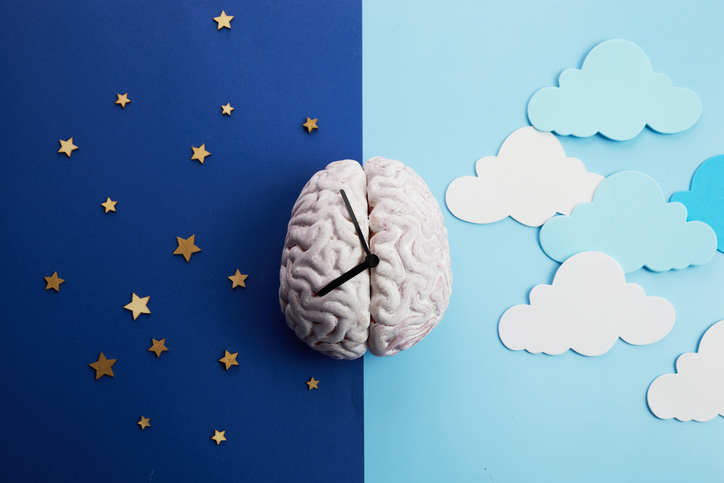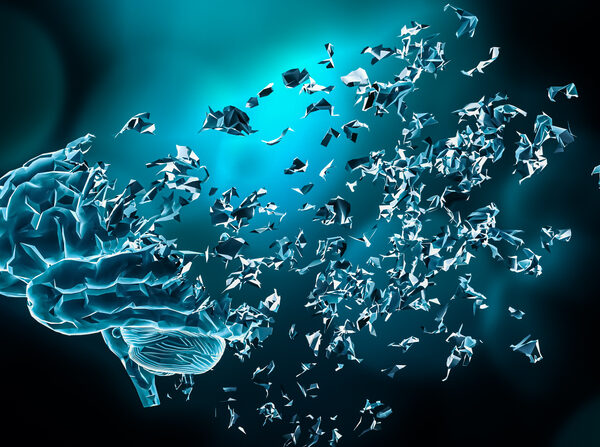In today’s fast-paced world, where the glow of screens often replaces the calm of night, sleep has become an underrated commodity. Many people find themselves captivated by late-night Netflix binges, endless scrolling on social media, or engaging in lengthy conversations into the wee hours. However, this night-time indulgence in digital activities comes at a cost to our health, regulated by two crucial hormones: Melatonin and Human Growth Hormone (HGH).
Melatonin: The Sleep Regulator
Melatonin, commonly known as the ‘sleep hormone,’ plays a pivotal role in managing our sleep-wake cycles. Produced in the brain, its levels naturally increase in the darkness of night, helping our bodies relax and signaling that it’s time to sleep. Conversely, melatonin production decreases with morning light, helping us wake up. However, the prevalent use of screens at night emits light that can significantly suppress melatonin production. This disruption not only affects our ability to fall asleep but also the quality of sleep we achieve. Staying up late, therefore, confuses our internal clock, leading to a delay in hormone secretion and a feeling of exhaustion upon waking. This cycle often results in pressing the snooze button, as our bodies haven’t yet completed their natural rest cycle.
HGH: Essential for Growth and Repair
Another vital hormone affected by sleep quality is Human Growth Hormone (HGH). Integral for cell repair, growth, and metabolism, HGH also aids in recovery from injuries and diseases. Research indicates that HGH is predominantly released around midnight, particularly between 10 PM and 12 AM. Hence, poor sleep not only diminishes HGH production but can also heighten the risk of diseases and potentially reduce lifespan. Note also that an early bedtime is necessary to maximize HGH production.
The Interrelation of Hormones and Health
The interaction between melatonin and HGH illustrates a finely tuned system where one affects the other. Insufficient levels of these hormones may lead some to turn to supplements which, while helpful, are no substitute for the natural secretion induced by proper sleep patterns. Our bodies are designed to operate in harmony with the natural day-night cycle, yet modern habits disrupt this balance, leading to reduced sleep quality and subsequent health issues, often labeled mistakenly as insomnia. Watch out for those extended naps as they can contribute to poor sleep at night.
A Simple Prescription for Better Health
The remedy is straightforward yet challenging to adhere to in a world saturated with digital distractions. Prioritizing sleep by turning off screens well before midnight can restore our natural hormonal balance. This practice not only enhances the production of melatonin and HGH but also ensures that they perform their critical functions without interference, resulting in better sleep quality and less morning frustration.
Embrace a healthier sleep schedule might seem daunting, but the benefits are clear. Not only does it improve overall health and well-being, but it also increases lifespan. It’s a simple yet effective way to live healthier: respect the natural cycles, reduce screen time at night, and prioritize good sleep. This isn’t just about avoiding fatigue. It’s about fostering a lifestyle that aligns with our biological needs, ensuring a happier, healthier life. Let’s put down the screens and pick up on sleep—our bodies will thank us for it.






Add Your Voice
0 Comments
Join the Discussion